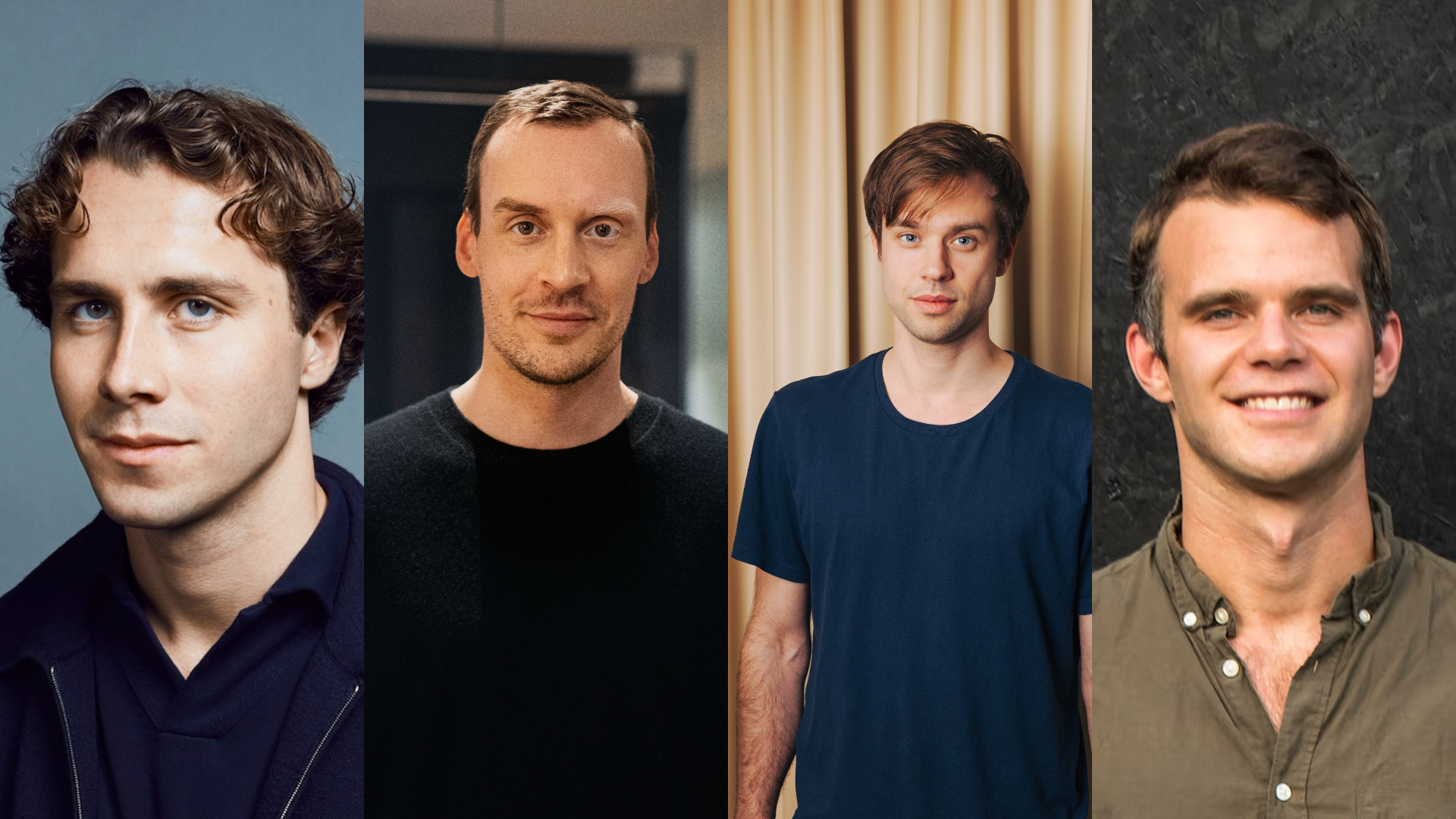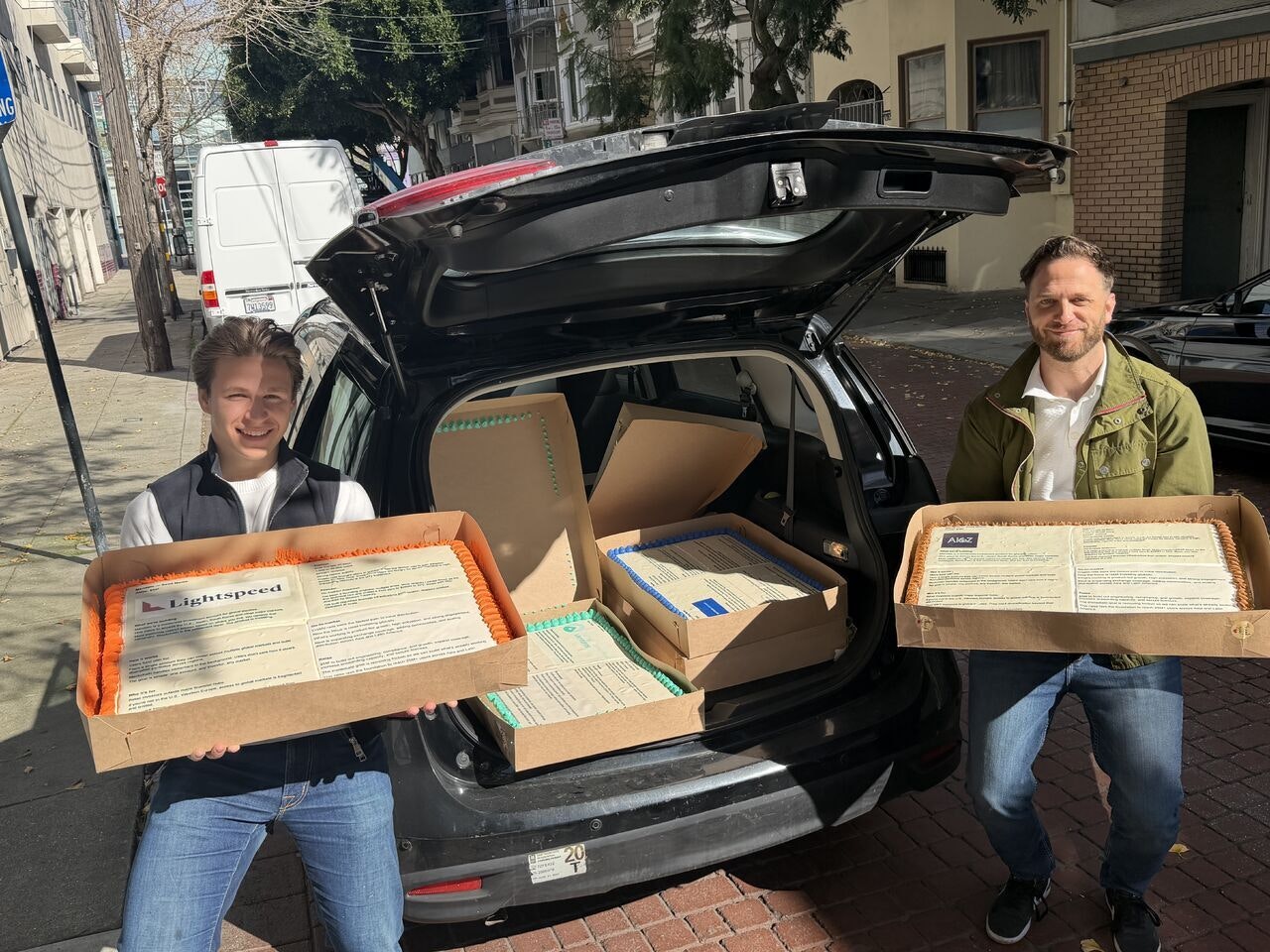Many teenagers of yesteryear made their first pay cheque waiting tables in the local pub, stocking the shelves at a supermarket or — if they were really entrepreneurial — running a lemonade stand.
But in today’s adolescent proto-dystopia where kids grow up smartphone in hand, TikTok on the mind and homework outsourced to ChatGPT, tech-savvy teens are now launching their own AI startups as a way to bring in some cash.
Take 15-year-old Elliot Evertsson Norrevik — the founder and CEO of Stockholm-based AI customer service startup Roster AI — who tells Sifted he’s projecting to make $70k in revenue this year, and that his company will be profitable “very soon.”
He’s just one of Europe’s many teens who are coding Python, spotting gaps in the market and winning real (paying) customers.
Starting early
While many founders cut their teeth on an MBA course, or working at previous tech company, Evertsson Norrevik first learnt the tools of the trade to help get around firewalls that stopped him and his friends playing video games on his school’s computers.
“We wanted to play games during lessons, but the school had blocked all these games,” he explains. “I used an MIT project called Scratch to code and build games and let other people play them because everything else was blocked.”
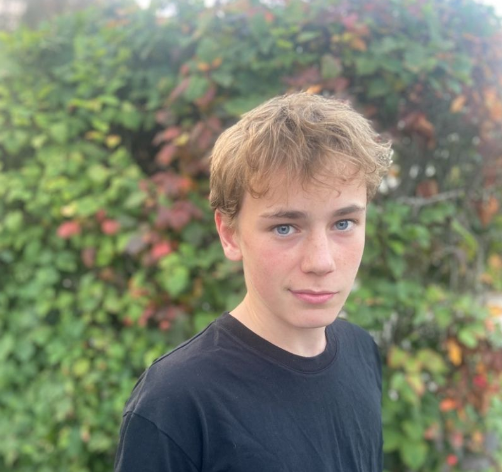
Evertsson Norrevik says he became hooked on AI when he learned about DeepMind’s board game playing system AlphaGo, and began learning to write Python (a popular programming language for AI systems) when he was around 11. Then, when ChatGPT was released in late 2022, he began thinking seriously about creating something with the technology.
“I was like, ‘Oh my God, this is really cool. I want to build something with this’,” he says. He got the idea for Roster AI after being impressed with a customer service chatbot on Amazon, which seemed far superior to other ecommerce sites’ offerings.
“My experience with those kinds of chatbots had been really bad. Then I used Amazon’s and I was able to fix my problem without any human interaction. It was like, ‘This is really great, everyone should have these kinds of support,’” Evertsson Norrevik says.
Seven months on from launching the startup, Roster AI now has five clients paying for its customer service chatbots — mostly ecommerce sites doing $10-20m in revenue — and hopes to sign up as many as 70 by the end of the year.
Young struggles
Evertsson Norrevik says that his mum deals with “the boring legal stuff,” and that he can’t be the formal head of the company as he’s not yet old enough. But these aren’t the only hurdles getting in the way of young founders.
12-year-old Sofia Dey Choudhury — cofounder of UK-based, AI-powered maths tuition app Mathletico — says it can be tough balancing school work and the entrepreneurial lifestyle, and that her classmates aren’t always kind about her devotion to extracurricular activities outside the playground.
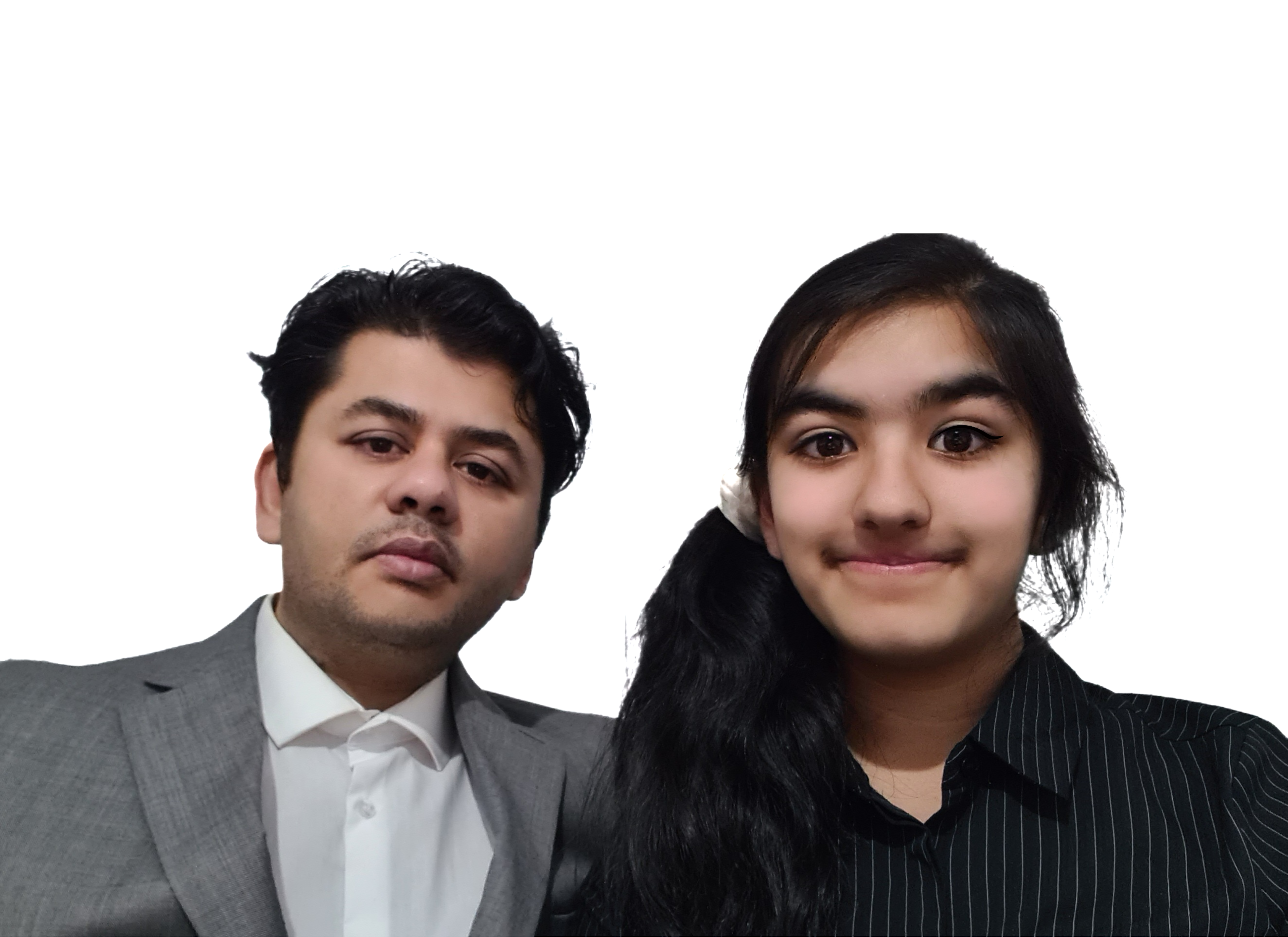
“It has been quite difficult… It does take quite a lot of my time,” she tells Sifted. “When I told some people about it, they were like, ‘Well, is there really any point to doing this? Because it's maths and does anyone actually care?’ People have also called me a geek for it, etc, but I try to ignore them.”
And the joke might soon be on the bullies, with Dey Choudhury having the last laugh: Mathletico just won its first customer — Barking and Dagenham college, which is paying a subscription to let its students access the app. The young founder says that her company will hit breakeven when it signs up a couple more similar sized customers.
Evertsson Norrevik also says that balancing time can be tricky.
“I have seven hours less than my competitors because I’m at school. That's a problem,” he says, adding that life as a teen founder can be a lonely place. “My classmates use AI for their homework but in general they don't really care that much about it. I really want to talk with someone about AI. But it's hard since many people my age are not so interested.”
Getting ahead
But the young Swedish businessman might not have to wait too long until his classmates start taking an interest.
Koza Kurumlu, 17, is cofounder of UK-based Eleos AI, a startup that will let users plot the safest route to get around cities, by using AI to crunch publicly available data like police reports. He says that his friends are all starting to cotton onto the fact that they’ll likely need AI skills when they join the workforce and are smarting up.
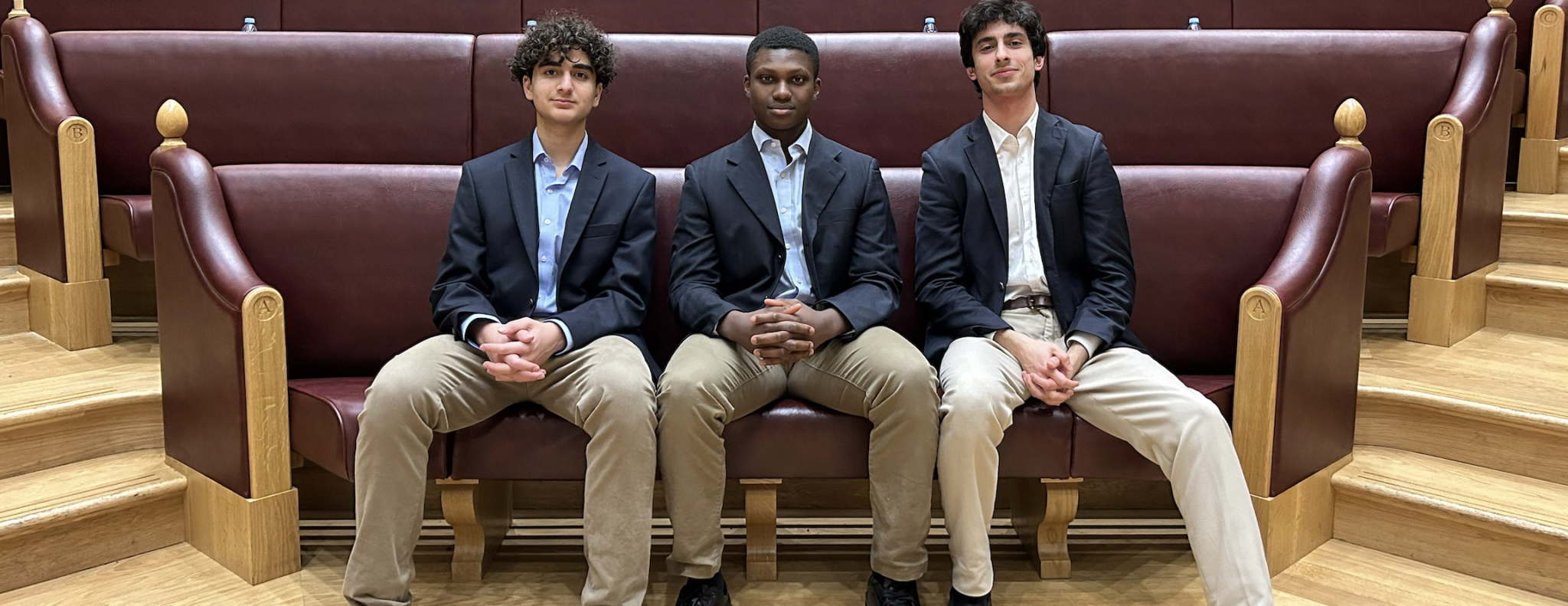
“People are starting to think about whether their future career will be affected by AI. It's not fear, it's more consideration,” he says. “Learning code, learning AI, I think will be as important as knowing English and Excel back in the day. I think it's going to be critical to know Python.”
Kurumlu, who got started learning these skills via the social impact initiative Teens in AI when he was 13, says he’s learnt much of what he knows not in school, but by himself online.
“Whenever I need something I go to YouTube or other websites, just based on what I need right now, whether it be a generative model, or a simple regression model,” he says.
Kurumlu and his two cofounders started working on Eleos two and a half months ago, and are scheduled to launch on app stores soon, with the plan being to enter hackathon cash competitions to fund early development.
One thing that he, Dey Choudhury and Evertsson Norrevik have in common is the kind of fierce commitment to making an impact in the world that’s unjaded by age and experience.
“It doesn’t feel like work. When you're doing a project not for yourself, but for others as well, and you see the impact that it can create, it motivates you,” says Kurumlu.
And as Generation Alpha (yes, there’s a new one now) come up through the ranks — coding skills in hand — millennials, Gen Z and the rest of us had better watch our backs, as we could soon be about to start answering to a new legion of young, AI-armed cohort of CEOs.


